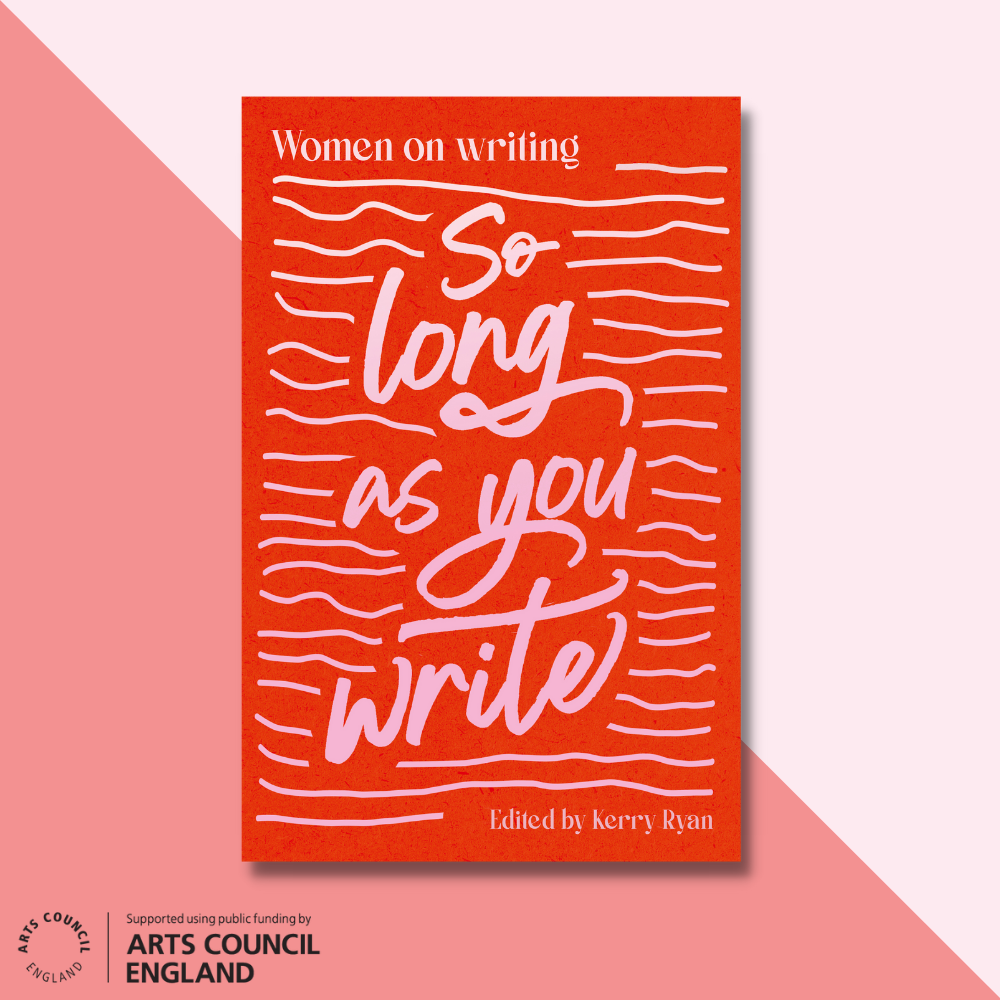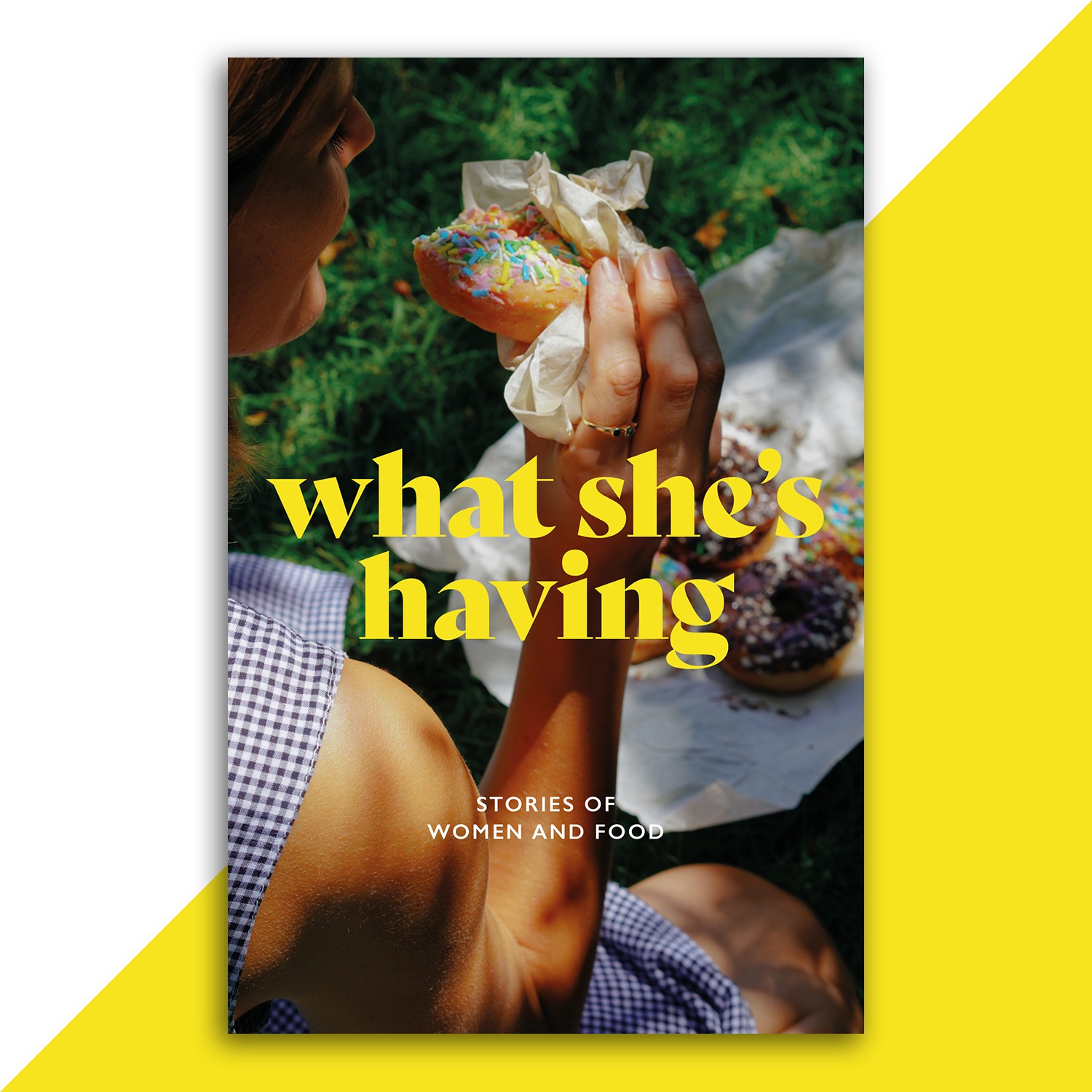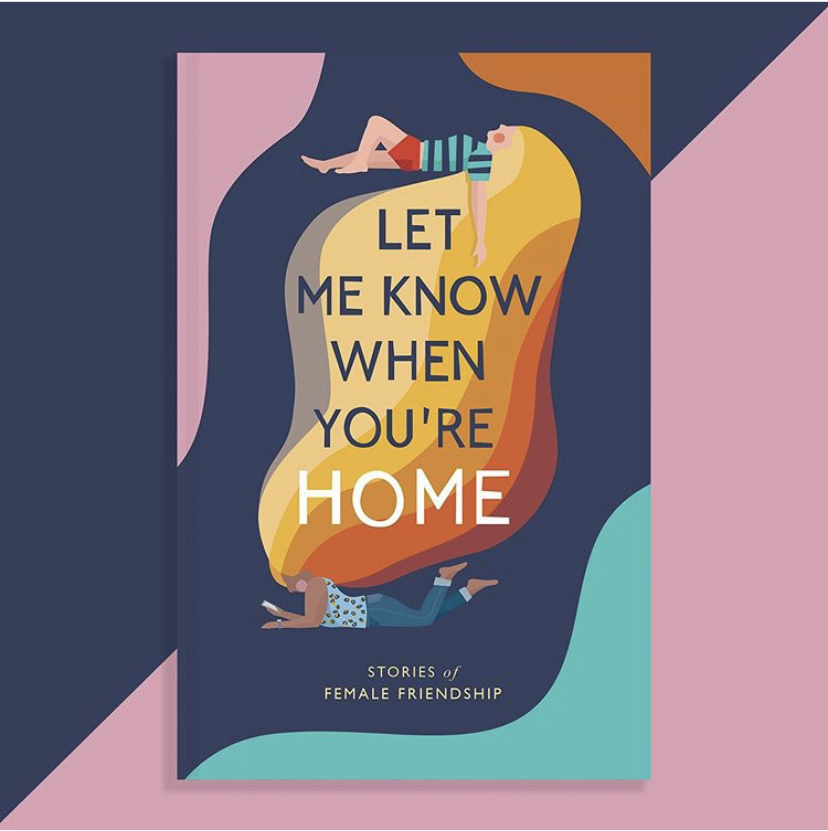Is it time to settle down yet?
by Sophie Jackson
I grew up in a suburb in the south of Auckland, New Zealand. My entire family lived in Manurewa: grandparents, aunts, uncles, cousins, my mum, dad and brother. It’s an area locally known for high rates of poverty and unemployment, struggling schools, lack of engagement with elections, and one of the most ethnically diverse populations in the country. At the last census, there were over 100 different ethnic groups recorded in the 90,000-strong suburb of Manurewa. It’s an area that is cruelly neglected by the government, destroyed by the racist policing and prison system that has trapped so many of its people, as well as the loss of industry that maintained its working class population for decades.
When I was ten or eleven, we moved into the Big City – into central Auckland. Here is where all the government money is spent gleefully on ostentatious train stations, creative community projects, properly-funded state schools, libraries, museums, a functioning public transport system. My new school was better resourced, the kids from much wealthier families and the houses in the area far more expensive. At one point when we were struggling to afford to live in the catchment area, we quietly moved back south and into my grandparents’ home. A few years later, my parents moved us 12,000 miles across the seas to a tiny town in the Cambridge countryside. This place was everything my childhood was not: it was wealthy, Conservative, extremely white and felt culturally opposite to my home country in almost every conceivable way. Unsurprisingly, I failed to ever fit in at school and was desperately glad to move to a bigger city for university, hoping to find some semblance of familiarity in the cosmopolitan metropolis of Norwich.
It’s impossible not to wonder how much your situation – even location – impacts who you are. I’ve often wondered who I would be if I had never moved to England, never found myself in a strange town with no friends and an aching sense of missing out on life in a country on the other side of the world. Would I still have developed an anxiety disorder that I continue to struggle with today? Or, would something else have set off my anxiety regardless – is mental illness responsible for the gulf that exists between who I once was and who I am as an adult? In each place that I lived I was a different person. A carefree child became a more socially aware teenager and then a miserably isolated young adult. Now I’m in my twenties and have lived in England for eight years. I have friends, a job and I can see myself living and being happy in England long-term. Though the feeling that I am out of place – that this isn’t really my home – has never gone away.
“Sometimes I feel a bit like my edges have been smoothed out and I don’t fit properly anywhere anymore.”
I went back to New Zealand last November, for the first time in years. When I was 16 or 17, visiting Auckland felt like returning to life, like waking from a dream – only the space I used to occupy was disappearing. My friends had new friends, studied new school subjects with new teachers. I couldn’t keep up with the intricacies of school drama and gossip from 12 hours behind and 12,000 miles away. As the years passed, I realised that I had a new life in England that I actually cared about. I was beginning to settle. So much so that on my last Auckland trip, I stood out a little. The first thing my aunty said when she saw me was ‘There’s that British accent!’ While having dinner with a friend I referred to someone as ‘aggy’ and she laughed at the foreign colloquialism. I didn’t know how to pay for the bus, had forgotten exactly how far a kilometre was, balked at how expensive everything is there. I no longer properly fit either place.
I’m reminded of that Missy Higgins song ‘Scar’, where she sings about how every person she’s with tries to shape her differently: ‘a triangle trying to squeeze through a circle’. Sometimes I feel a bit like my edges have been smoothed out and I don’t fit properly anywhere anymore. Perhaps I will have to live with that discomfort, that out-of-place feeling, for the rest of my life. If that’s the case – if that’s the case for all of us, anyone who has moved around and lived different lives in different places – how can we ever pick a place to call home, to ‘settle down’?
How do you reconcile the difference and distance between who you were as a child and who you are now, especially when those versions of you are separated by literally thousands of miles of sea? I think I can see pieces of who I was growing up in who I am now, but when I spend time with childhood friends I feel a strange sense of guilt about how much I have changed, as if I have left them – or some part of ‘us’ at least – behind. I don’t know if it’s possible to return to a version of yourself that you were before. If you moved into your childhood home, hung out in the some parks with the same people, watched the same TV, would you ever slip back into the person you were? Or would you only ever feel like the guilty imposter, wearing a costume that you’d grown much too tall for?
When it all comes down to it, how do you decide when it’s time to settle down? Where will you place your roots? And who will you be when you do?
Sophie Jackson | @sophlynne
Sophie Jackson is a writer from Auckland, New Zealand, now living just outside of London. She is interested in untold stories and hidden histories. She also owns far too many copies of Pride and Prejudice.




